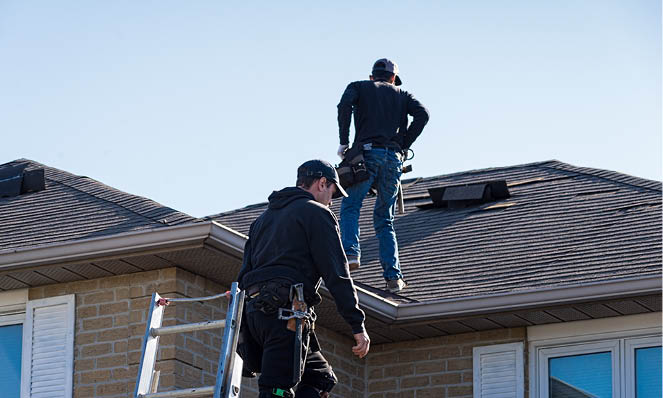So you made an offer, it was accepted, and now your next task is to have the home inspected prior to closing. Oftentimes, agents make your offer contingent on the home inspection.
This contingency allows you to renegotiate the purchase price, ask the sellers to cover repairs, or even, in some cases, walk away. Your real estate agent can advise you on the best course of action once the report is filed.
How to Choose an Inspector
Your loan originator or real estate agent will both likely have short lists of inspectors they’ve worked with in the past they can recommend to you. HGTV recommends you consider the following 5 areas when choosing the right home inspector for you:
Qualifications – Find out what’s included in your inspection and if the age or location of your home may warrant specific certifications or specialties.
Sample Reports – Ask for a sample inspection report so you can review how thorough the inspection will be. The more detailed the report, the better in most cases.
References – Do your homework; ask for phone numbers and names of past clients who you can ask about their experiences.
Memberships – Not all inspectors belong to a national or state association of home inspectors, and membership in one of these groups should not be the only way to evaluate your choice. Membership in one of these organizations often means that continued training and education are provided.
Errors & Omission Insurance – Find out what the liability of the inspector or inspection company is once the inspection is over. The inspector is only human after all, and it is possible that they might miss something they should have seen.
Ask your inspector if it’s okay for you to tag along during the inspection, that way they can point out anything that should be addressed or fixed.

Don’t be surprised to see your inspector climbing on the roof or crawling around in the attic and on the floors. The job of the inspector is to protect your investment and find any issues with the home, including but not limited to: the roof, plumbing, electrical components, appliances, heating & air conditioning systems, ventilation, windows, the fireplace and chimney, the foundation, safety issues, and so much more!
Bottom Line
They say "ignorance is bliss," but not when investing your hard-earned money into a home of your own. Work with a professional who you can trust to give you the most information possible about your new home so that you can make the most educated decision about your purchase.





